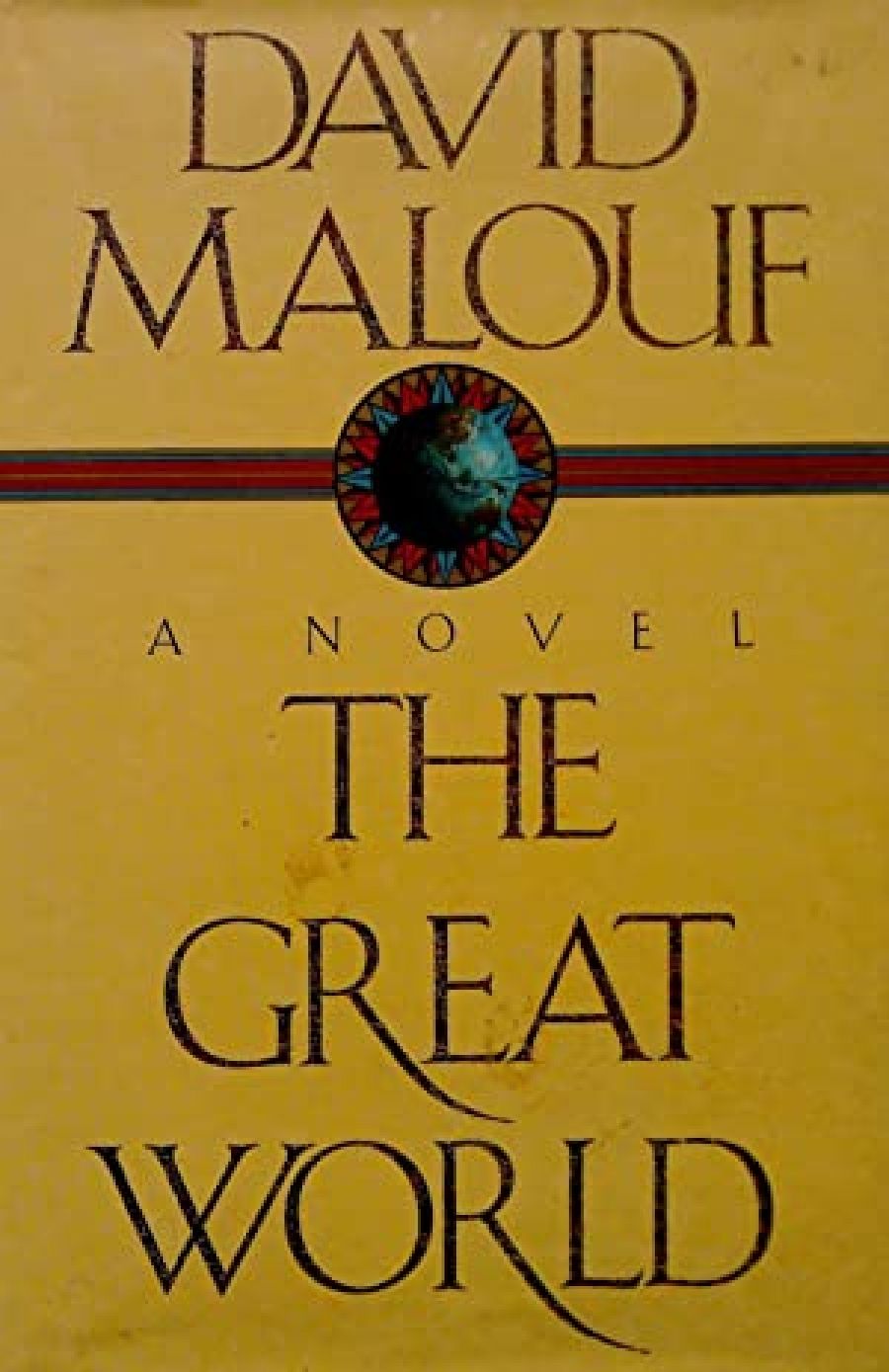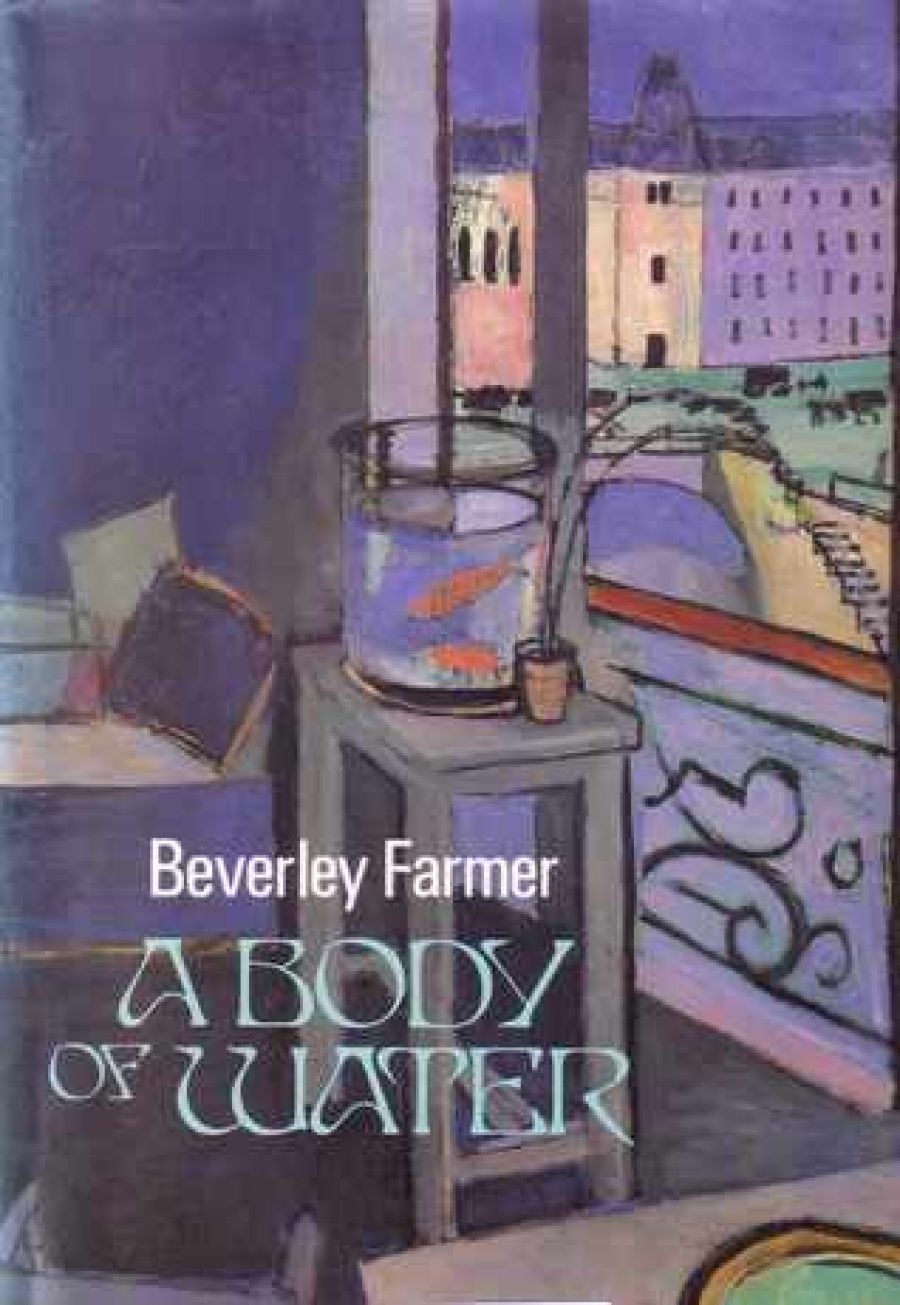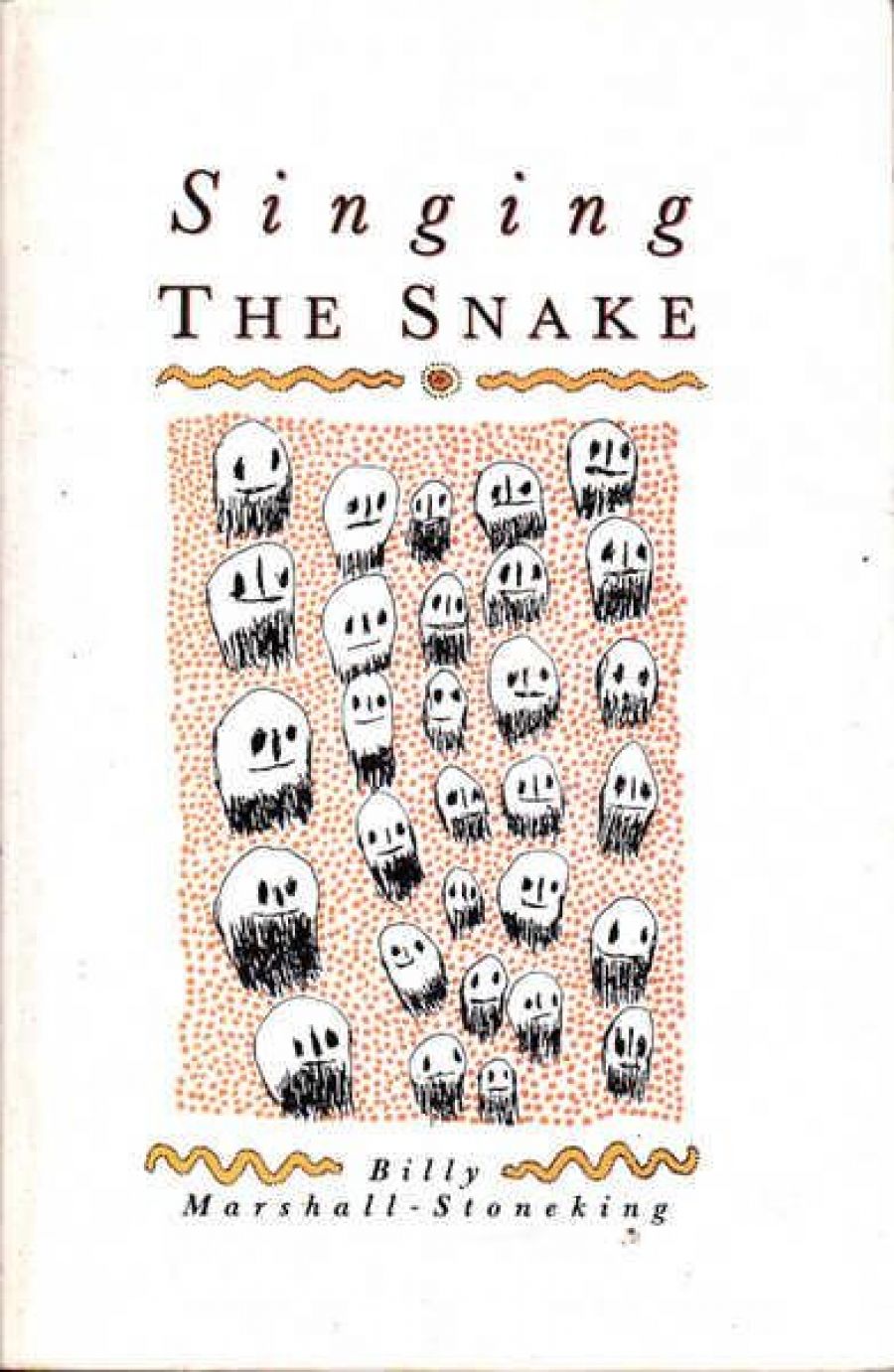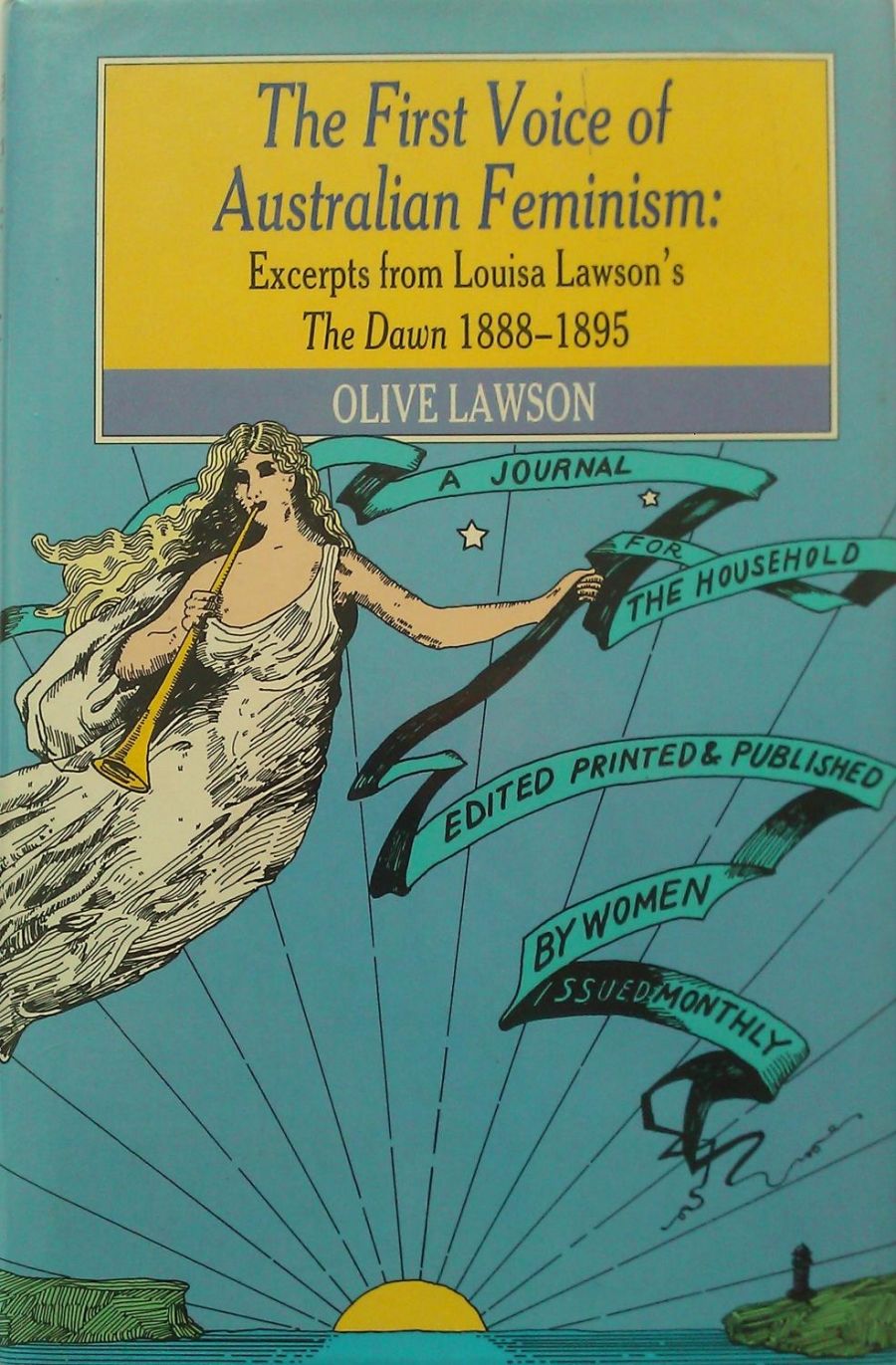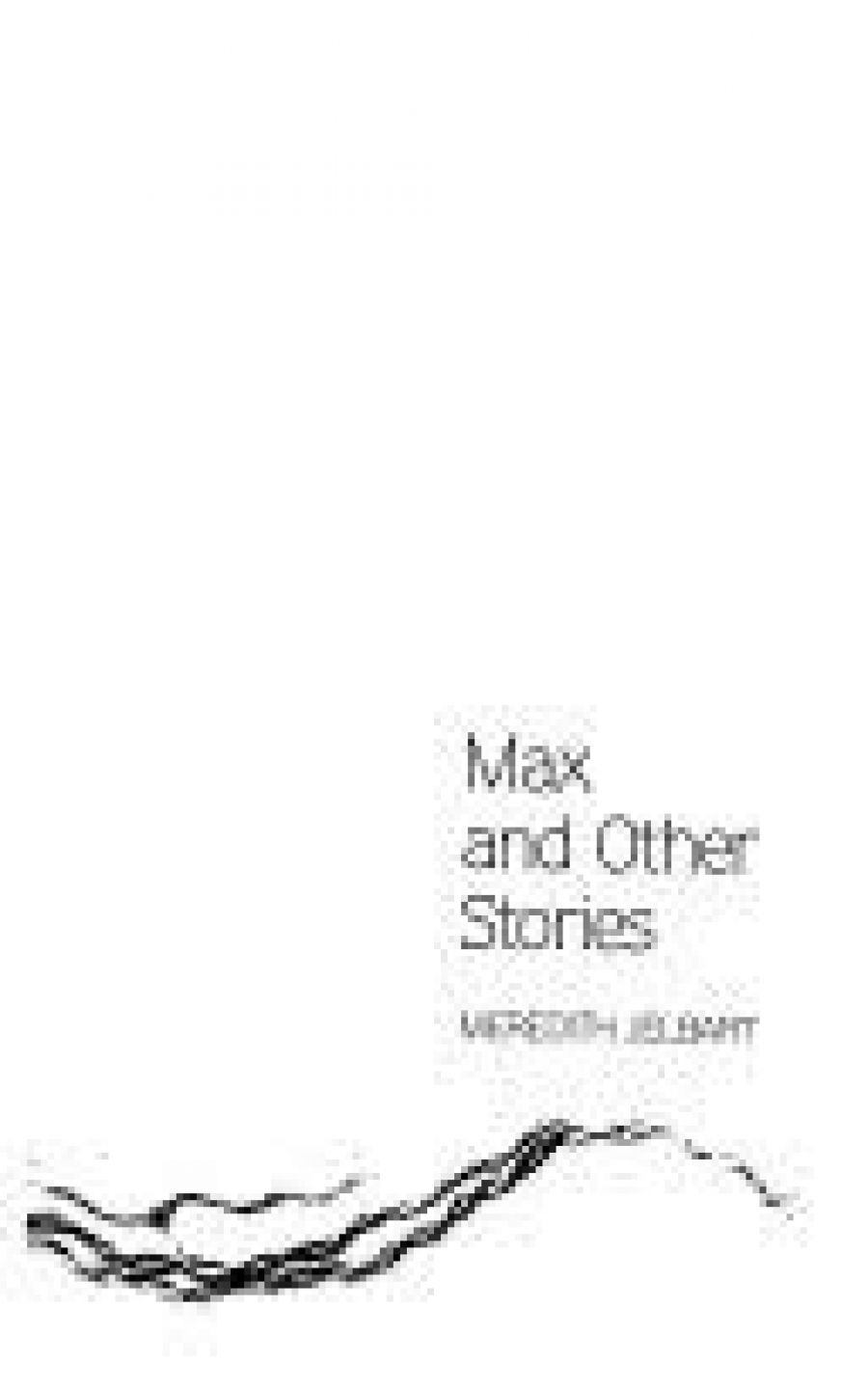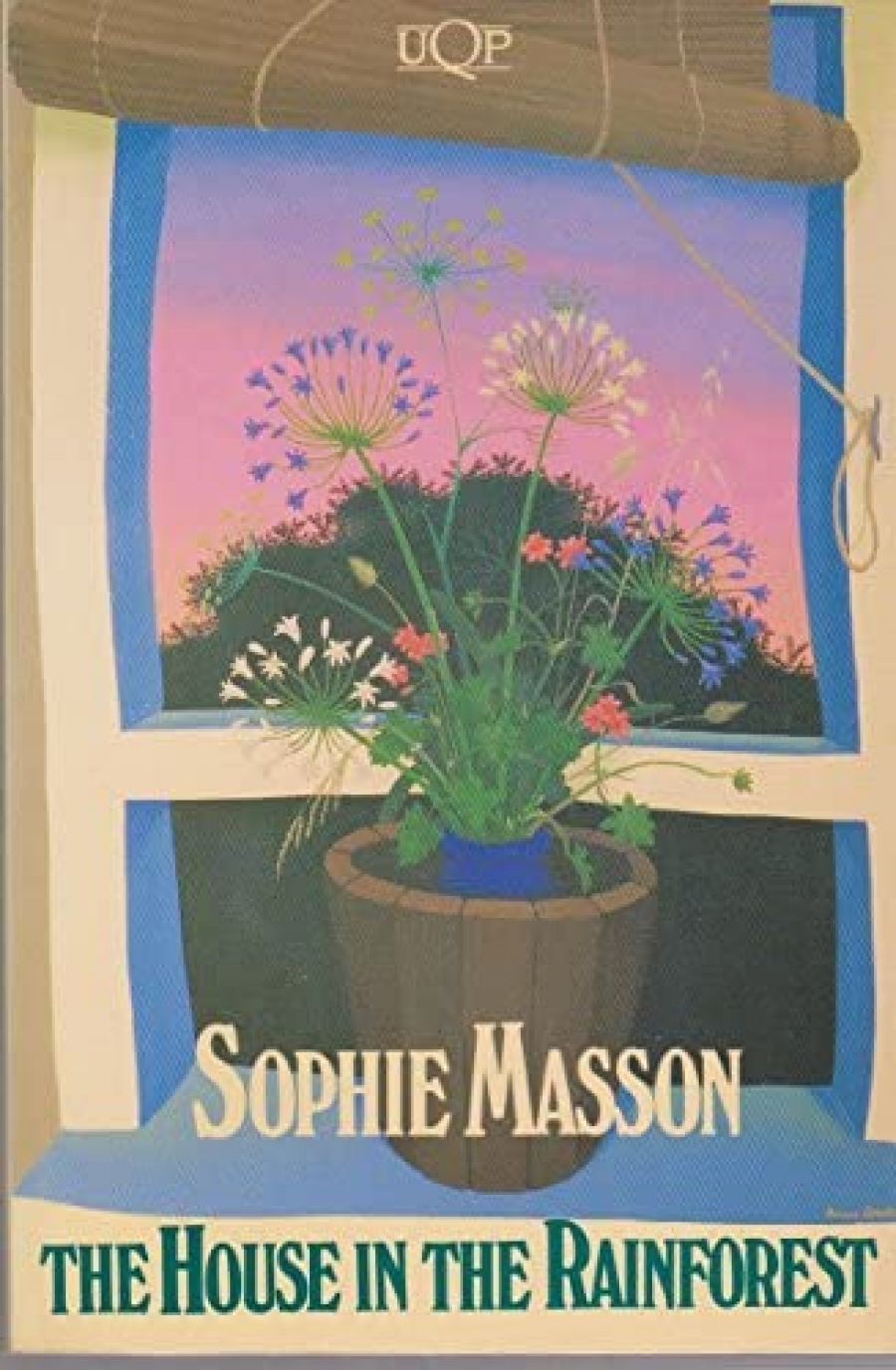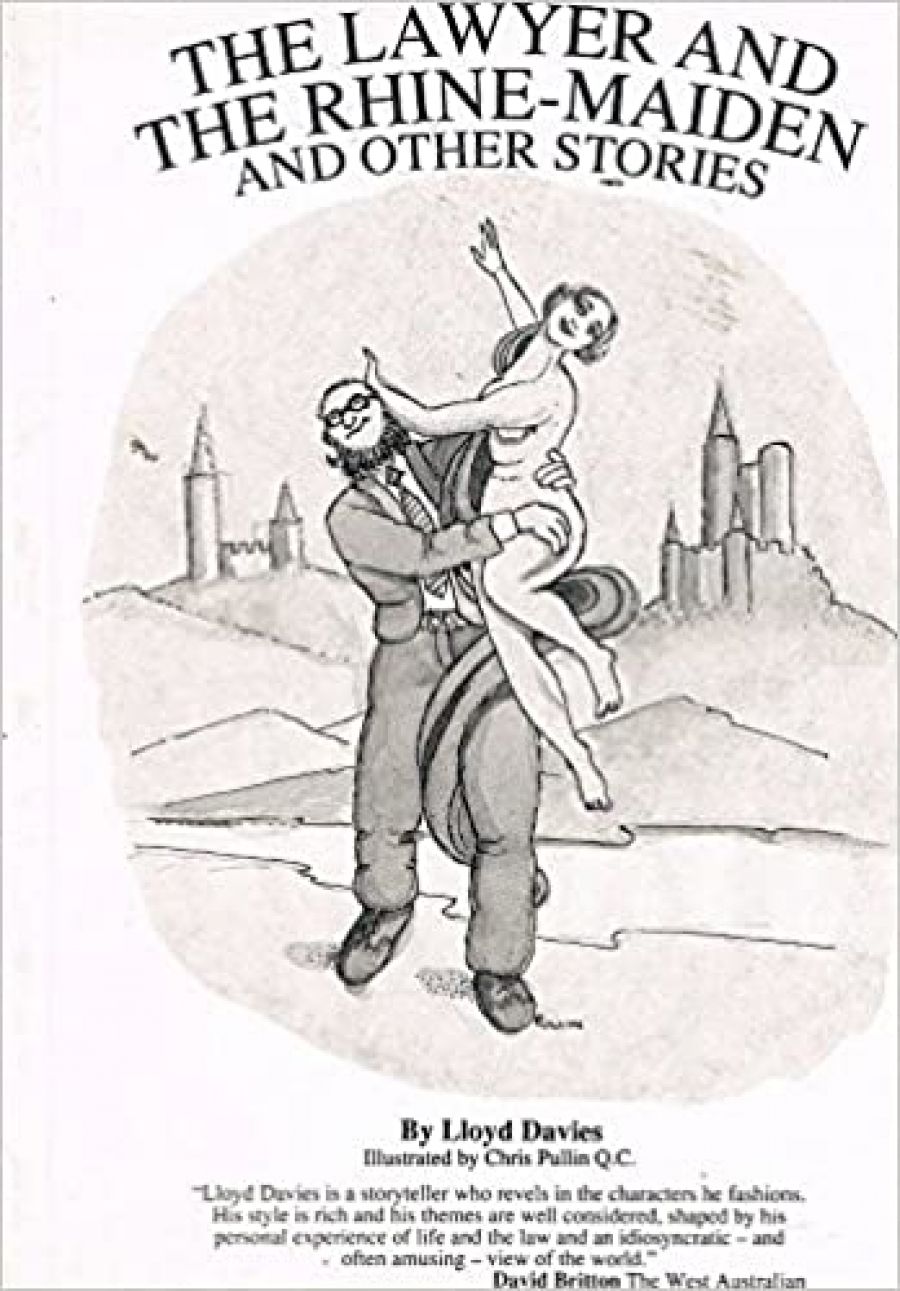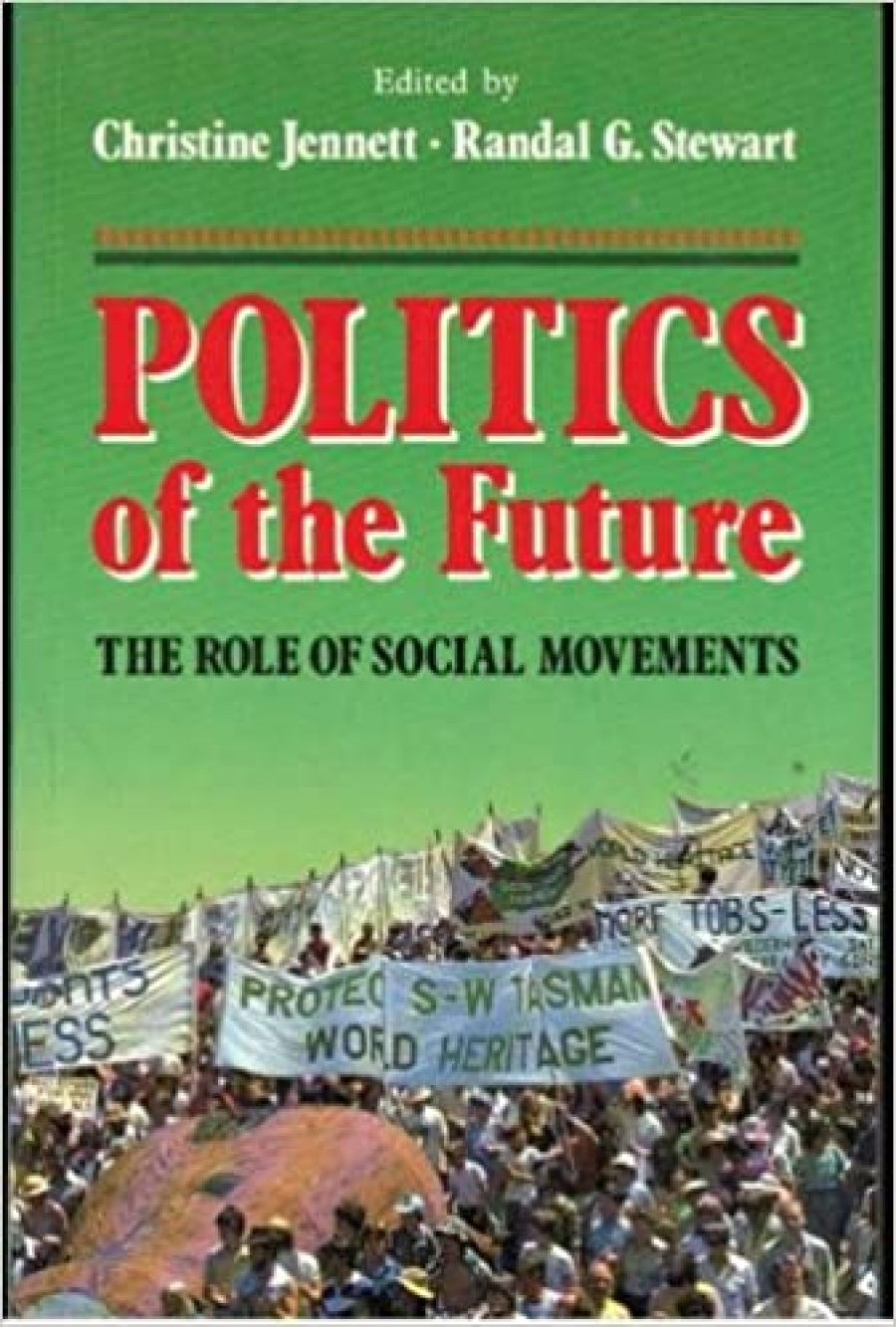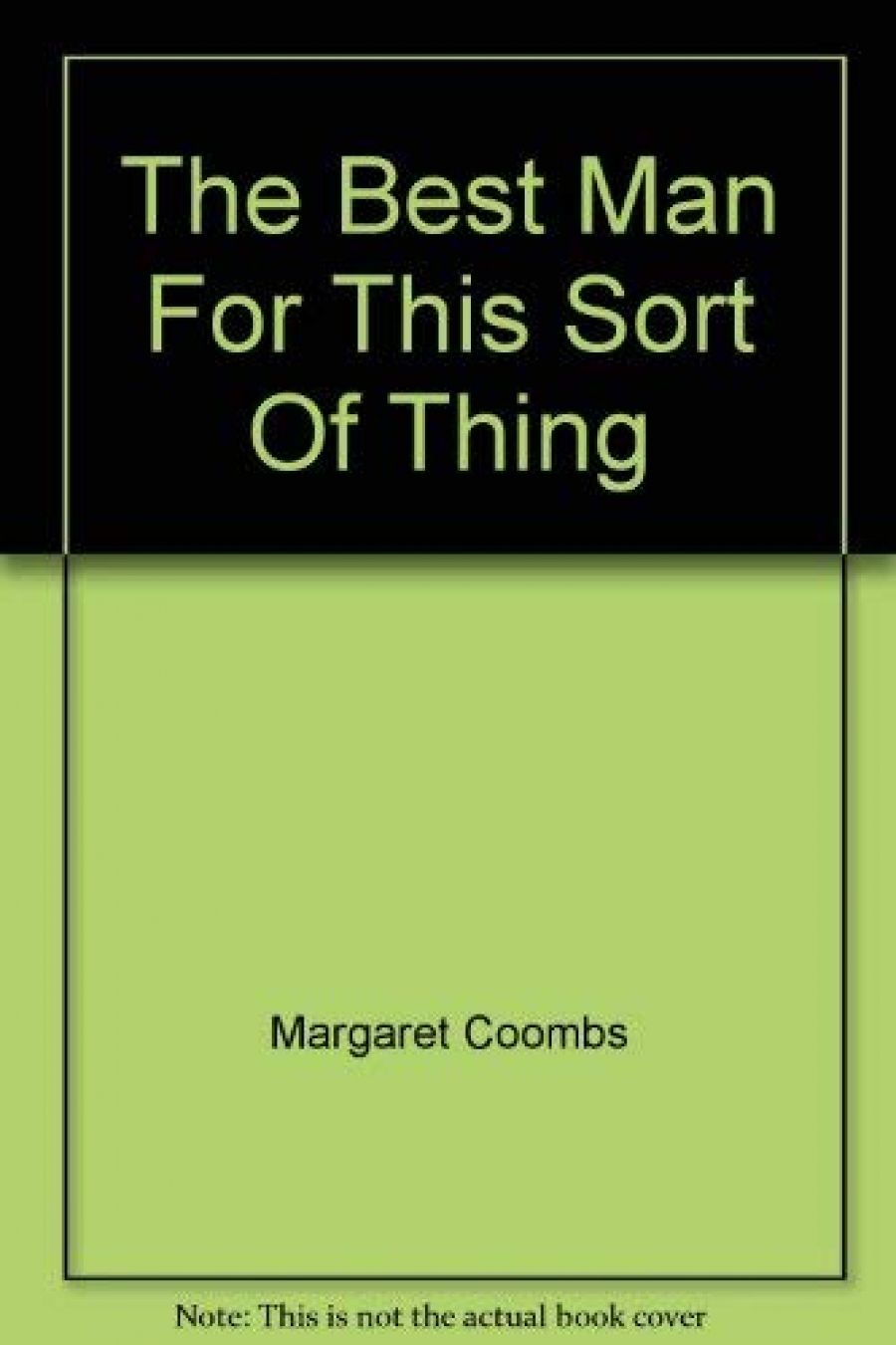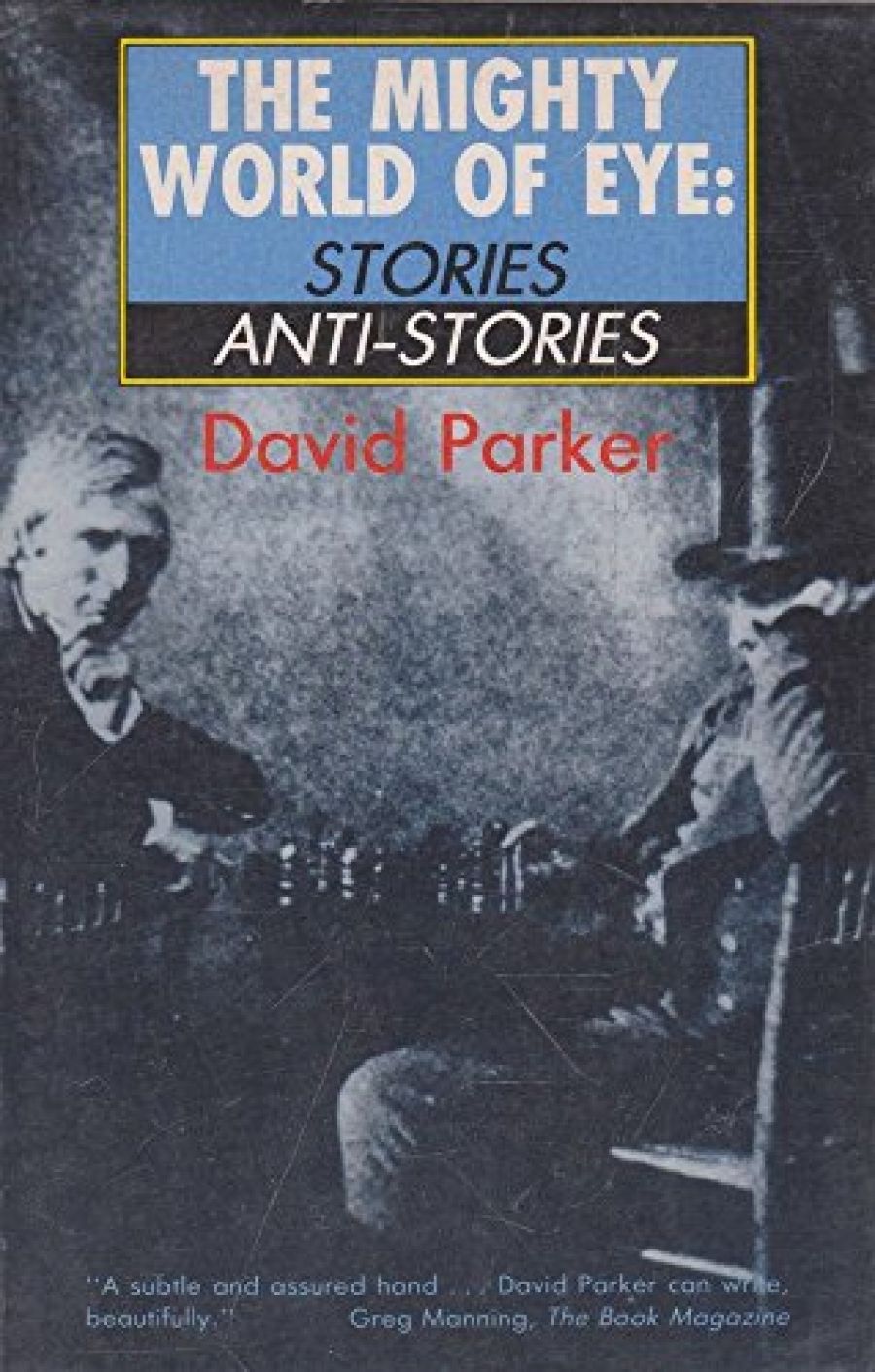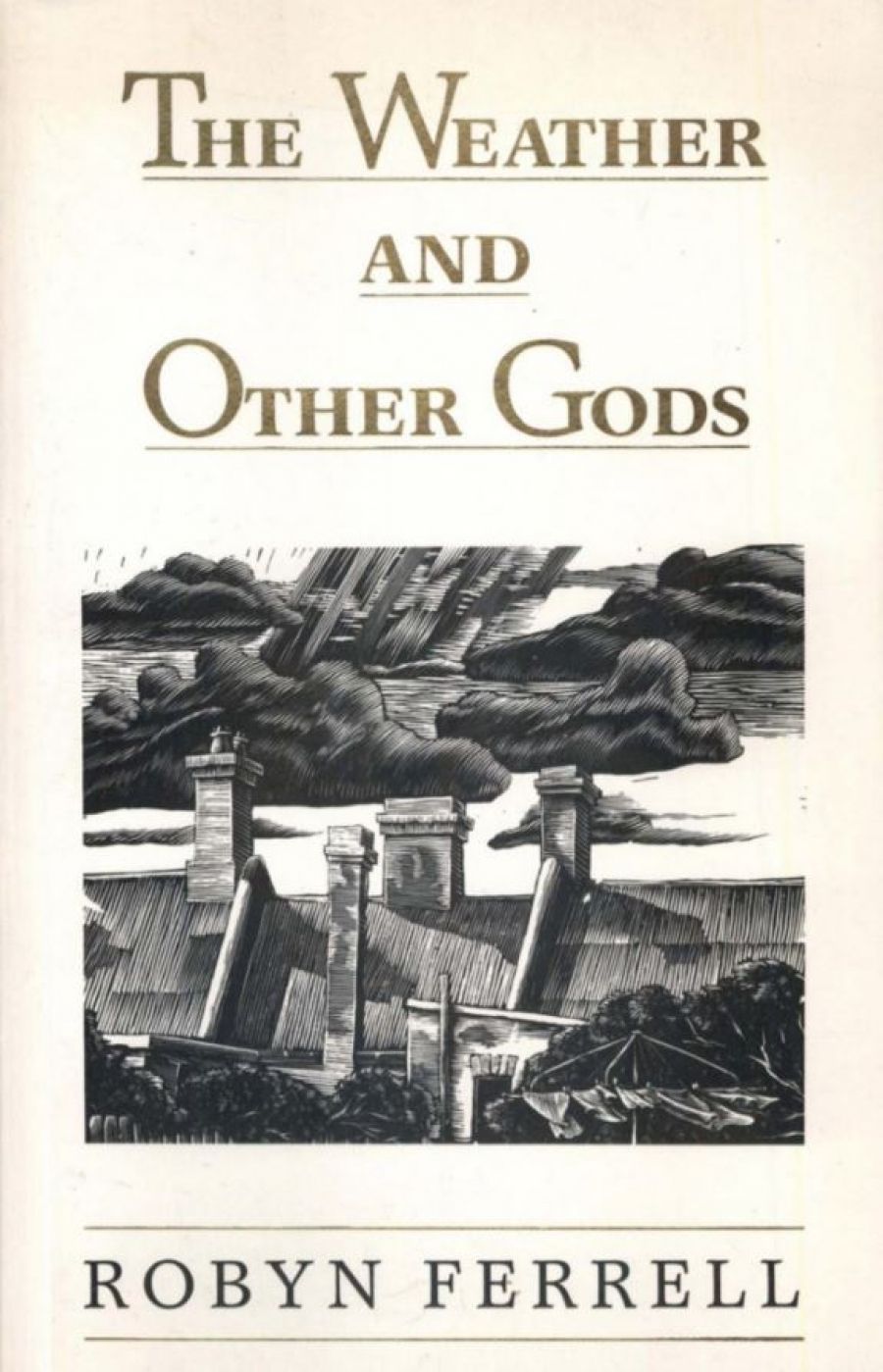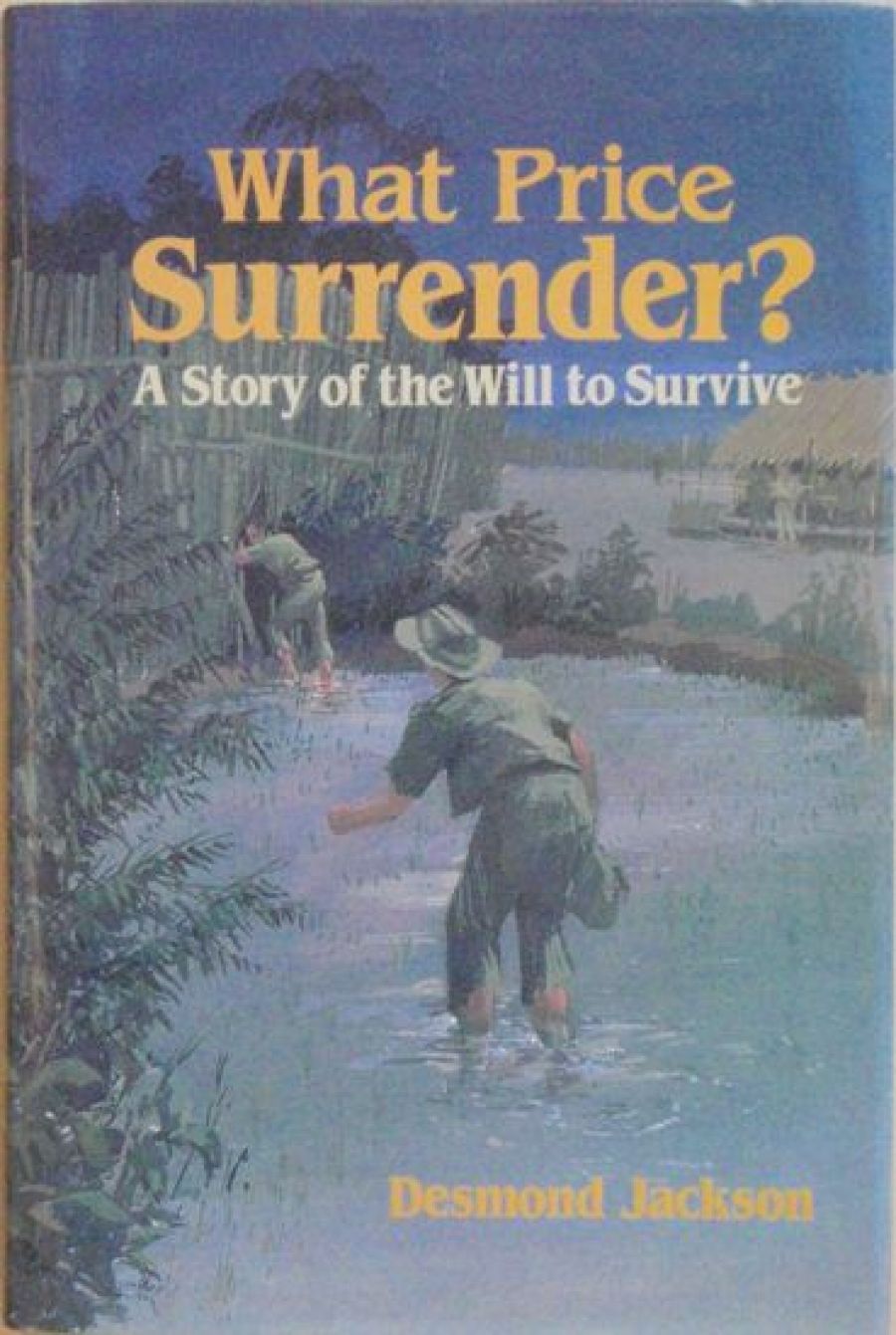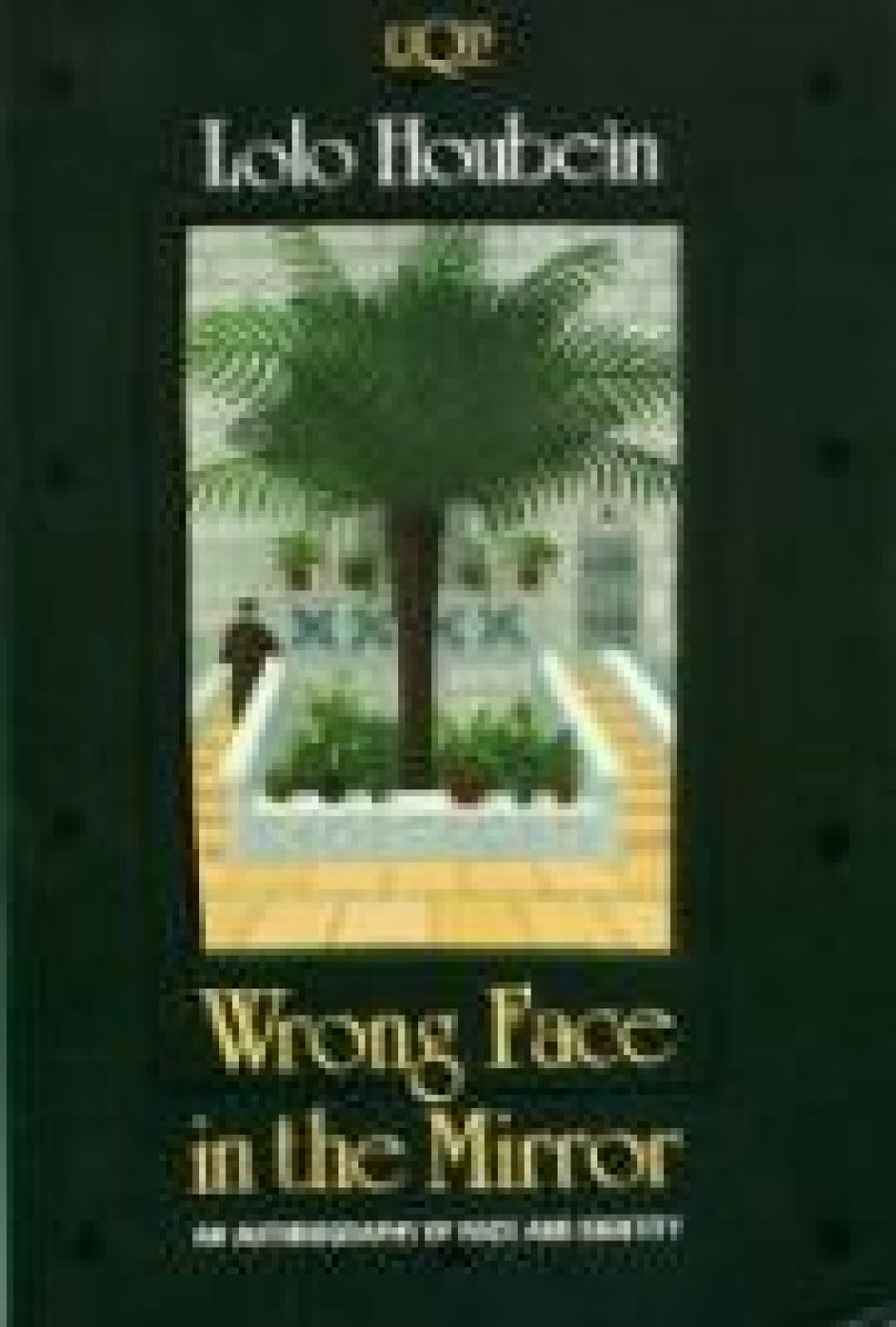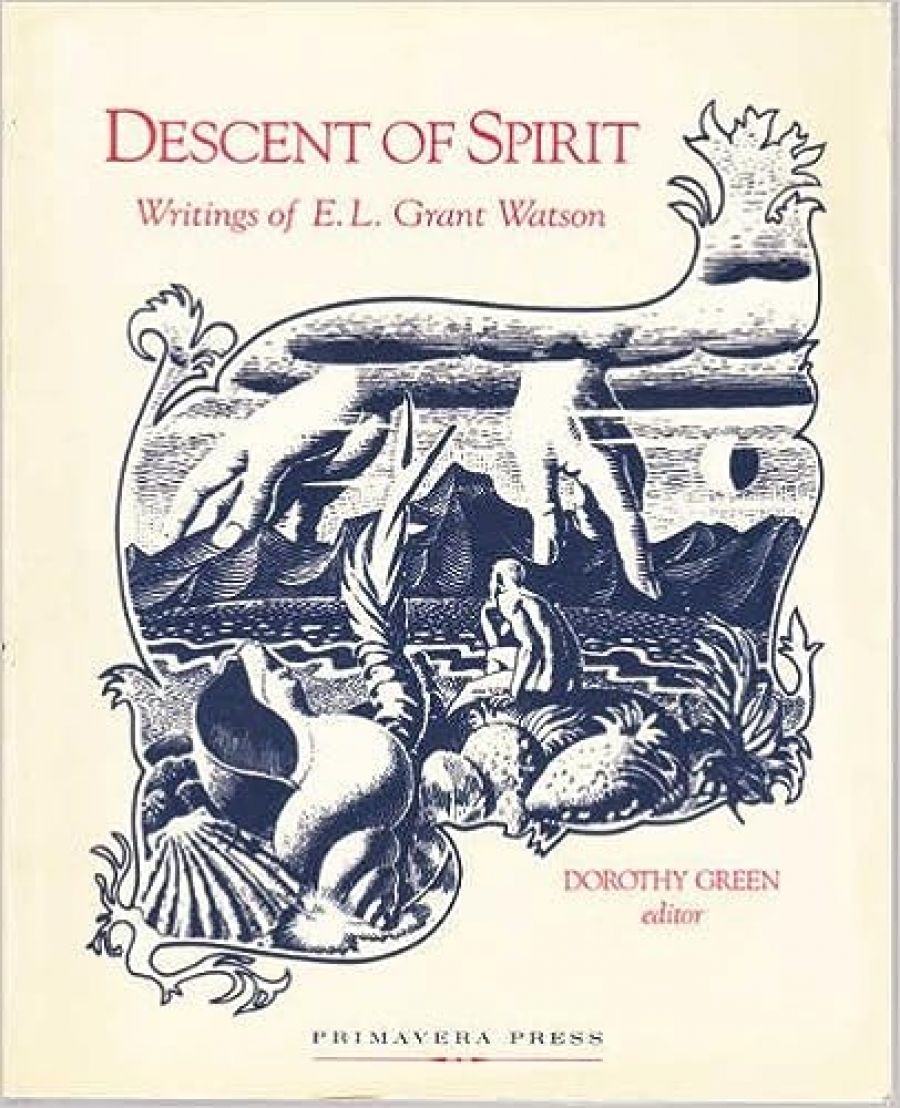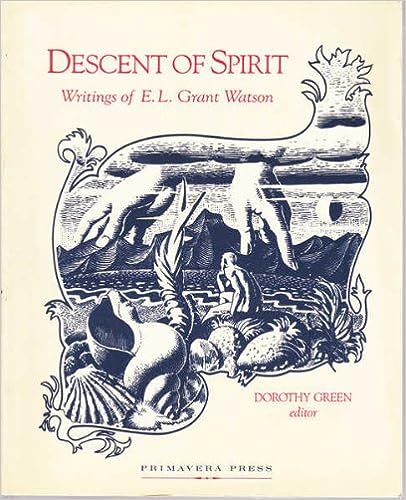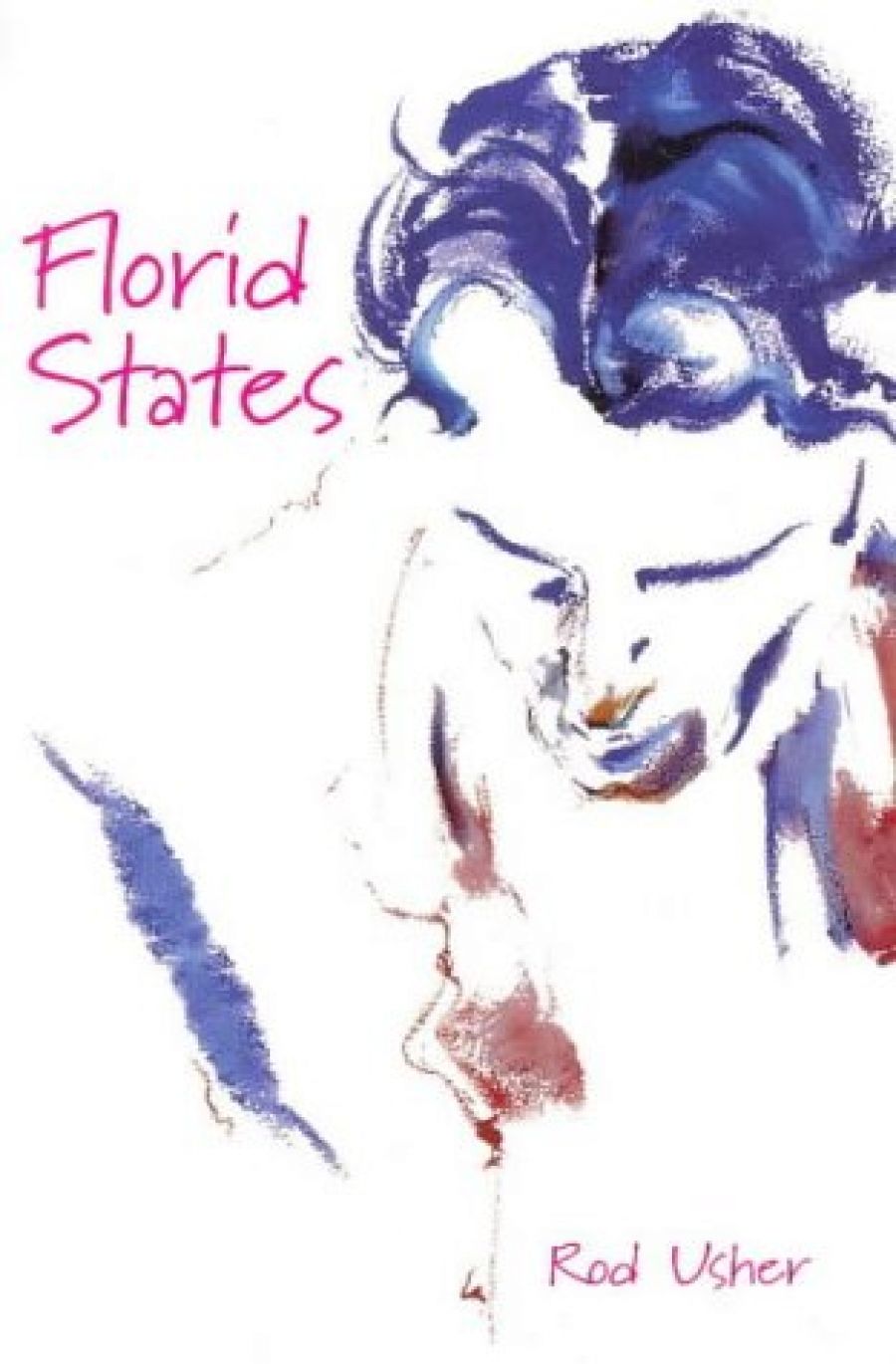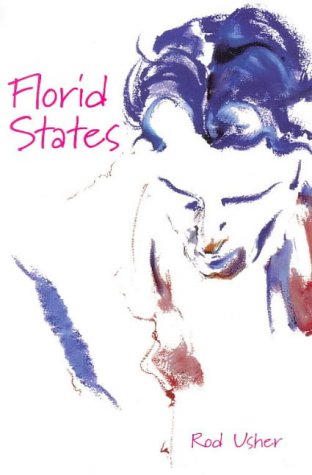In this second essay of the Telecom Australian Voices series, David Foster discusses how statistics are used by social science to produce a picture of what is normal. The figures and findings are not able to take into account the mystery of the individual, nor the chaotic principles which inform our actions.
T
he notion of what it means to be different, and the question of how we know we are different, invites us to consider statistical method and its implications for our society, for only in the context of what is normal can an individual be assessed as different. Mathematically, it would appear that the relationship between an individual and a society composed of individuals is by no means straightforward, a subtlety increasingly lost on those citizens who, armed with degrees in the social sciences, emerge from our tertiary institutions to study, rehabilitate, and edify us.
I well recall my own first encounter with statistical mechanics, which was part of the undergraduate training I received in the physical sciences. It marked the end of any real prospect I had of contributing to those sciences for, though I dragged on to postdoctoral level (without, I might add, much enthusiasm), never again could I feel intellectually at my ease. I could not see then, and still can’t, how an event such as atomic decay can be totally unpredictable at an individual level, yet somehow quite tractable when multiplied by. This is because, instinctively, I approached the situation from the wrong end, as an atom and not a scientist.
As every undergraduate knows, a single atom in a jar is a deeply mysterious entity. No one can say what it will do. It might decay or it might not. On the other hand, a lump of the same matter, containing billions of the same atoms, behaves in a predictable way. It puzzles me that the half-life for atomic decay (that is, the time it takes for half the atoms in a given sample to disappear) should be a measurable constant. I cannot see why this should be so. I know it is, but I can’t see why intuitively. I cannot convince myself it is necessarily so. If a particular atomic half-life were to change overnight, there is nothing, I believe, we could do about it except shrug our shoulders. The non-intuitive basis of modem physics thus left me firmly estranged.
In a vague way, I understood my dilemma had to do with the Second Law of Thermodynamics, that law which gives, if you like, physical expression of the concept of evil as a force which must be resisted. This is the law that has to do with Entropy, and which states that the Entropy of the Universe is always on the increase. The First Law is the law of Buddhist quiescence; nothing really matters, all is in flux and the Energy of the Universe remains a constant.
Initially arrived at during attempts to make early steam engines more efficient, the concept of entropy has profound philosophical implications and is central both to information theory (cybernetics) and to all attempts at understanding the nature of Life itself. The physicist Boltzmann, who later committed suicide, was the first to formulate entropy in terms of probability. The less probable a state is, the lower its entropy. As the Second Law implies, entropy, generally speaking, is on the increase; castles disintegrate but do not spontaneously reform. Both life and knowledge, however, are characterised by low entropy. Both are improbable, and therefore an understanding of both has to do with statistics. Just as there is no such thing as the temperature of a single atom, so life is a colligative property of communities of individuals, whether those individuals be cells, animals, plants or ecosystems. Understanding the relationship of the individual with the greater community involves some coming to terms with the fact that the community, by sheer virtue of number, possesses properties or attributes the individual does not. All collectives of living beings show properties that cannot be predicted by a knowledge of any single one of them. This, I believe, seriously curtails the usefulness of introspection as a means of deciding what is and is not appropriate behaviour in the case of human beings. However.
Realising my own predilection lay in the study of individuals, I became a novelist. As a novelist, I work through induction, and my work could be seen as attempting to illuminate human behaviour by moving implicitly from the specific to the general by means of largely fictitious case histories. Guesswork, in fact. Such is the eternal nature of the tale. But because of the colligative nature of society, which exhibits (though I cannot understand why) properties I cannot hope to comprehend through examination of my own consciousness, what I put forward remains hypothetical, however passionately I myself believe what I say to be true.
But what is the alternative? Deduction, as employed in contemporary social science (that is, examining society as a population then attempting to extrapolate back to individuals), is equally inadmissible, as long as it relies on statistical method. Statistical method has, and claims, no knowledge or understanding of the individual events with which it deals. Such knowledge, I maintain, is never more than hearsay or literary guesswork. Yet no matter how often this is pointed out to us, as individuals we cannot seem to take it in. The problem, I believe, lies in the nature of language itself, and the fact that we always read as though what we read applied to ourselves and the lives of those around us.
Certainly, the social scientists are wrong if they suppose that their science provides them with an understanding of human behaviour superior to that traditionally accessible to the priest or the poet. The development of sociology in the nineteenth century was greeted by many of the eminent novelist of the day, including Dickens, Tolstoy, and Zola, with outrage and indignation. They could tell it would put us out of business eventually and it has, to all intents. But look how these social scientists, who provide the substance, the raw material for the magazine articles which, for most Australians, have replaced the Bible and the literary classic, are obliged to spice their how-to-live manuals with case histories. Narrative and characterisation are not to be dispensed with.
Much of so-called social science is not scientific anyway. Psychiatry has always had more in common with literary art than with physical science, which is not to denigrate it.
If societies of human beings are accepted as living entities, analogous to jellyfish or, at a higher level, Gaia Herself, it follows they will have interests, and hence laws, not always consistent with the interests of each of the individuals of which they are composed. About the nature of these laws, and about how they might be arrived at and implemented, I am not concerned here. I wish instead to explore the way in which, as individuals, we obtain information about our society, for information is the means by which democracies seek to govern. It is my contention that there is a surfeit of social studies, given that the information they provide is, strictly speaking, irrelevant to us all, as individuals.
Most of us carry some notion of Gauss’s Normal Distribution Curve. From it, we derive the notion of what is normal. So ubiquitous, that bell-shaped curve that describes the distribution of any quantitative attribute within any sizeable population (and note the words ‘quantitative’ and ‘sizeable’). Height, weight, IQ – most of us are middle class, but out there on the edges of the bell, a couple of standard deviations from the mean, are the morons and the giants, the champions and the dwarves. Eliminate them, and they will reappear. Populations of people, as a whole, are taller now than formerly, but some are always shorter or taller than others. To locate such a group of people in our society would be a simple task. Typically, they could then be quizzed as to whether they had ever suffered any form of discrimination.
Regrettably, the scholarship on which we base our knowledge of society is increasingly of this nature. I say regrettably because I believe there is no way such data, whatever their intrinsic merits, can be given meaningful expression through language. Language, I believe, is intransigently non-statistical, cannot easily encode statistical data at all, and retains a tribal memory as a form of communication from a god to an individual. The presentation of a statistical datum, linguistically, is an invitation for us to make a choice. Generally, the choice has been made on our behalf. If not, we will look to the rhetoric of the text for clues.
Suppose I say to you, ‘Do you realise that twenty-five per cent of smokers contract lung cancer?’ It is my contention you will receive the same information from this statement, as you would if I were to say instead, ‘Do you realise that seventy-five per cent of smokers contract lung cancer?’ The actual percentage cited, provided it is not despicably low, is irrelevant.
Here are three quotes from ‘Women and AIDS’ in Connexions, the Journal of Drug and Alcohol Issues, May/June 1989:
These two texts reflect a current prevailing mythology – that there are different ‘Models’ of HIV transmission for the first and third worlds – and imply that heterosexual transmission is not a reality in western, industrialized countries. Statistics from America prove that this premise is false. According to the US Morbidity and Mortality Weekly Report from March this year, ten percent of new AIDS cases are attributable to heterosexual transmission and over half of these are women.
It is believed around ten per cent of the male population in Sydney is bisexual. If this is true then it has big implications for women.
In addition to being the traditional caregivers in the family, or in relationships, women also comprise about ninety percent of all healthcare workers – including nurses, social workers and home health aides.
To return to the two statements concerning smoking, I contend you will surmise from either of them that I am attempting to disparage the practice of smoking by impressing on you the datum that many smokers contract lung cancer. Because not all of them contract lung cancer, I cannot, no matter how tempted, state that smoking causes lung cancer. I can only state that more smokers than non-smokers contract the disease. As a responsible medical scientist, I may also conclude that, were the incidence of smoking in the general population to decline, the incidence of lung cancer may well decline too. But how may this be brought about? Knowing as I do that my data is pertinent to the general population but not to the individuals of which that population is composed, will I nonetheless try to persuade you to give up smoking? If so, on what authority?
It is not even proven from my studies that smoking and lung cancer are causally related. It is simply a reasonable hypothesis. It is not true that if you smoke your chances of contracting lung cancer increase. Your chance of contracting lung cancer is one hundred percent or zero. Chance doesn’t come into it. If you were to ask, ‘Will my chances of contracting lung cancer increase if I smoke or decline if I stop?’ I could not answer. All I can do is find a group of individuals who has given up smoking and a group who has not, and a group who has taken up smoking and a group who has not, and compare these. But as to you, I cannot say.
I know that some people who don’t smoke do contract lung cancer, and that some people who do smoke don’t contract lung cancer. My survey tells me nothing about you as an individual and, as an individual, you are debarred from obtaining any information from my study that may relate to your own individual behaviour. That a coin has a fifty percent probability of falling heads or tails is nonsense. The coin must fall heads or tails, and it may fall heads ten times in a row. Small, local violations of the Second Law are commonplace. Brownian motion and dissipative structures (flames, whirlpools) are but two instances.
Such, at least, is the situation in theory. As we all know, the reality is different. Strenuous efforts are constantly being made to influence individual behaviour on the basis of population studies. Advertising agencies, government departments, every kind of lobby group, are charged to get the message across, and what is the message? You’ve guessed it. Smoking causes lung cancer. Anyone who would choose to deny this is just a nit-picking no-goodnik.
Smoking is a filthy habit, but do you know why young people continue to take it up? For the same reason they drink and drive too fast, because they are prepared to take their chances, which is as it should be, biologically. They understand, and I believe they are correct, that all these findings and surveys don’t apply to them. They intend to exercise their democratic freedom to be different and, what is more, there is a vestigial religious sense invoked in risk-taking. In our particularly godless culture, it is perhaps the only trace of the religious sense that remains. The mystery of the individual, unconstrained by population studies, is instinct with the mystery of God. By placing one’s life, or health, on the line, one retains a sense of this mystery. God does not play dice with the individual. I believe that the religious sense has to do with the Second Law, and in its raw, undogmatic state, expresses itself as a constant search for omen and coincidence or, loosely, the improbable. The voice of God manifests as pattern out of chaos. In general, social scientists are not in sympathy with the need to live dangerously, and would have all pedal cyclists wearing crash hats.
Which brings us, inevitably, to the issue of AIDS and HIV infection. A locus classicus, involving all the above mentioned ingredients, but here a torch with which to illuminate not so much human debauchery as the dark abuses of statistical method. I should like to consider these in some detail, but let’s get one thing straight from the outset: men are not being sufficiently supportive of their AIDS afflicted sons, as we learn from the following feminist gem from Aids in America by Elizabeth Kubler-Ross:
Between 1984 and 1986 about half of all mothers either physically or emotionally supported their sick sons, while only a third of the fathers were able or willing to do the same.
There are two kinds of research being done on the HIV virus. One is strictly medical and concerns itself with the structure and behaviour of the retrovirus itself. There are problems aplenty here, but outside the scope of this essay. Scientists know comparatively little about viruses ominously, they are probably former cell constituents who shrugged off their social responsibilities – but the AIDS epidemic has provided a source of funding and inspiration. It does not help when tentative findings, reported in medical journals as preliminary communications for the scrutiny of notoriously sceptical peers, are ripped from context and cited in the media (the only way the media knows how, through language) as breakthroughs, alarms and cures.
The study found AZT worked effectively to delay the onset of AIDS in people whose T4 cells had declined from normal levels … of 713 AIDS patients, half of whom were given AZT and the rest administered a placebo, only fourteen of the patients taking AZT developed AIDS, while over double this number (thirty-six) on the placebo had progressed to the last stage of the disease.
(From Studies released by the US Institutes of Health and quoted in ‘Connexions’, Sept/Oct 1989)
If I were still a research fellow with the US Institutes of Health, I would feel embarrassed about having this kind of preliminary finding made public, given the exorbitant cost of AZT. I would expect a canny lawyer to see I preferred to work with such low, virtually noise-level numbers so as to equip myself with a statistical ‘out’ in the event of being sued by some litigious AIDS sufferer denied the medication. No reputable scientist could agree that AZT here was being shown to work effectively, for the simple reason that fourteen out of half of 713 could be something else entirely next time round, and thirty-six likewise.
More importantly, AIDS is a question of definition. The onset point of full-blown AIDS is a matter for clinical judgement. The pattern of opportunistic infection that constitutes the syndrome differs with every patient. I make these comments only to illustrate the kind of misgivings scientists feel on having their work subjected to the scrutiny of a public so desperate for answers.
On the other hand, the epidemiological studies of AIDS are largely a matter of questionnaires. Notice how Haitians have disappeared as a category? There is good reason to suspect the virus is transmitted sexually, just as there is good reason to suspect smoking may facilitate the development of lung cancer, but to imagine that people will tell the truth about their drug habits and sex lives must strike any novelist as the height of sociological naivety. A recent article in Rolling Stone demonstrated that most, if not all, New Yorkers claiming to have contracted the HIV infection through ‘normal’ heterosexual intercourse were in fact closet bisexuals who changed their stories under pressure. And it is cases such as these that are being used to justify the fear, with the attendant propaganda, that ‘normal’ heterosexuals are at serious risk.
The May /June editorial of Connexions stated:
AIDS is neither a gay disease nor an IV drug user’s disease. The fact that AIDS appeared first in Australia in the gay community is only an accident of epidemiological history.
Concerning this epidemiological history, it is not even known who has the infection. Fears that civil rights could be at risk, reluctance to subject healthy subjects to the stress of false positives, not to mention cost, debar what would seem the most obvious step. Then there is the long incubation period, and the possibility that the virus mutates faster than clinical tests can keep up. In the absence of any real data, bureaucrats are free to sound warnings that have no basis in fact.
And of course you only get the answers to the questions that you ask. As reported in Scientific American, a researcher in Florida found a high statistical correlation between the incidence of HIV infection in that state and the incidence of mosquito infestation. His work was rejected out of hand by public health authorities as irresponsible scaremongering. The Connexions editorial, once again:
The virus is spread by body fluids, specifically blood and semen. It has been detected in tears and saliva but in concentrations too small for transmissions to occur.
Who says? Infection, like fertilisation, is not a colligative property, and I see no reason why a single retrovirus would not be adequate for infection. A single spermatozoon is adequate to fertilise an egg. A single mutant epithelial cell can give rise to a tumour. The HN virus has never been isolated from vaginal fluid, but not for that reason are heterosexual men being urged to dispense with condoms during intercourse. On the contrary.
It may be argued no one ever caught the virus from a kiss or a mosquito, but rest assured no recently: diagnosed subject was asked if he recently kissed a junkie or dined in a restaurant where homosexuals worked in the kitchen.
Certain questions are taboo. Certain comments are unwelcome. Masters and Johnson were castigated for stating that, since the virus is known to survive up to four hours out of the body, they saw no reason why it could not be contracted through an open wound, from a toilet seat. How do we know no one ever caught it that way when we don’t ask? The point is that if we did, they wouldn’t remember it anyway. People are more inclined to remember, and lie about, sex acts and drug abuse. It makes sense to ask them questions they’re able to answer and lie about.
The taboo word ‘sin’, so rigorously avoided in the context of AIDS, is perhaps not inappropriate. Certainly, science is not the only victim of AIDS. Who can feel comfortable handing out needles to addicts and condoms to male prisoners? Most of us have sex lives and most of us use drugs, and I cannot see that to regard promiscuous homosexuals and N drug users as sinners is to be uncompassionate towards them. Attempts to vindicate their behaviour as normal simply perverts us all.
The AIDS education program is designed, in part, to protect AIDS sufferers against all forms of discrimination. So nebulous are the statistics, they could be used to prove anything. At present, they are being used to prove that we are all equally at risk, and that AIDS cannot be transmitted socially. To prove that we are all equally at risk, very small percentages are being emphasized out of all proportion. To prove the virus cannot be transmitted socially, similar percentages (and who can doubt they would exist, if only the appropriate questions were asked in the questionnaires) are not allowed to be compiled. Paradoxically, social workers, who study only populations, fiercely defend the moral outcast against the charge of abnormal behaviour. Certainly, no secular individual dares point the finger at another, but it is quite in order for societies to exert control over their members, surely. The reluctance of anyone to accept this responsibility suggests that AIDS cannot be brought under control in our society, and is perhaps best regarded as a mechanism by which Gaia may bring about a reduction in human numbers. Our society is already moribund, but as individuals we cannot see it.
Yesterday morning I had to put my thirteen-year-old son on a train. He was going to visit a friend in Bathurst, and the journey involved us getting up in the dark and travelling to Moss Vale station in time for him to catch the 5.15 am to Sydney. When we got there, they had no tickets in the ticket office and the train was running over half an hour late, which meant that he would miss his connection. A stem, grey-haired man with a briefcase overheard our plight and, after making a phone call, suggested we might accompany him in his car as far as Campbelltown. Because the train was late, he had to drive. Without much thought, I said, ‘I’m not going, but would you take him?’ indicating my younger son. The last I saw of my son that morning was his small, trusting figure, fishing rod projecting from overnight bag, following a total stranger. I had let my son go off in a car with a total stranger.
The man to whom I entrusted my son was a hard man in appearance, and he had strange eyes. They were blue, somewhat distant, and evasive even. But he also had a nice, wry tum of phrase I recognised and I decided, even before my son phoned through to say that he was all right, that I had done the right thing, and that I would continue to trust strangers, even if my son’s mutilated corpse were subsequently to be found by the side of the freeway. If he survived, my son would gain in confidence. Travel ought to be an adventure. But if we are afraid to die ourselves, we are even more afraid for our children.
There are men who take advantage of the trust of strangers, and there are men who rape and murder young boys. You can’t pick them in the street. I’ve been taken in by conmen myself, so I know my intuition is fallible. Between the time in which I grew afraid for my son’s welfare and his phone call, I prayed. I felt no inclination to call for the statistics and yet I have the feeling that, had I searched in the appropriate rack at the newsagency, I would have found a paperback entitled Men who Trust Strangers and the Strangers who Prey upon Them by some American PhD, or a magazine article in Cosmo or Cleo on ‘Why you should never accept a lift in a car from a strange guy’.
I would guess that if you don’t trust people, they become less trustworthy. It is, after all, meanspirited to decline a generous offer made on the spur of the moment. I would guess this, but I wouldn’t attempt to prove it through population studies. The test for me would lie in whether I could make of it a moving case history.
The truth is, of course, that most small boys are perfectly safe with total strangers. But if I were to read an article or paper citing just one instance to the contrary, that is very likely all I would take away. And so our fears multiply everywhere we turn. Because we have no religious faith, staying healthy and alive and fit is all we can imagine. We cannot imagine choosing to die or deliberately risking our health.
And yet certain traditional values – honour, courage, patriotism, and trust – require the individual to risk, or seek out, loss, death, and ill health. As our democracy degenerates to a rabble of self-seeking individuals unprepared to die for the greater good, the welfare of the individual becomes paramount. Unthinkingly, social science reflects this trend. Safety, comfort, equality, wealth-these are parameters easy to measure. And it is not the findings that matter – I hope I have shown that these are irrelevant – but the questions that are asked and answered. Little wonder the young reject the society social science underwrites. And what can social science have to say when the Death Wish erupts, as soon it must? Already, no one knows what to do with the junkies who don’t care if they get AIDS or spread it, just as no one knows what to do with the blacks who hang themselves in prison cells.
To summarise, our knowledge of society and ourselves would not deteriorate, I believe, were the practice of social science to cease. In trying to convey its findings in language, it distorts and, ultimately, falsifies them, both giving us a false picture of the world and circumscribing our options within it. We would be freer, and braver, without social science.
Omit statistical method and what is it anyway but what priests and novelists have always practised.
